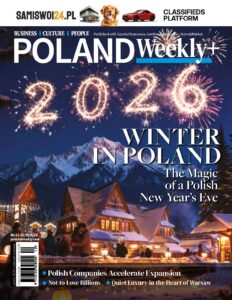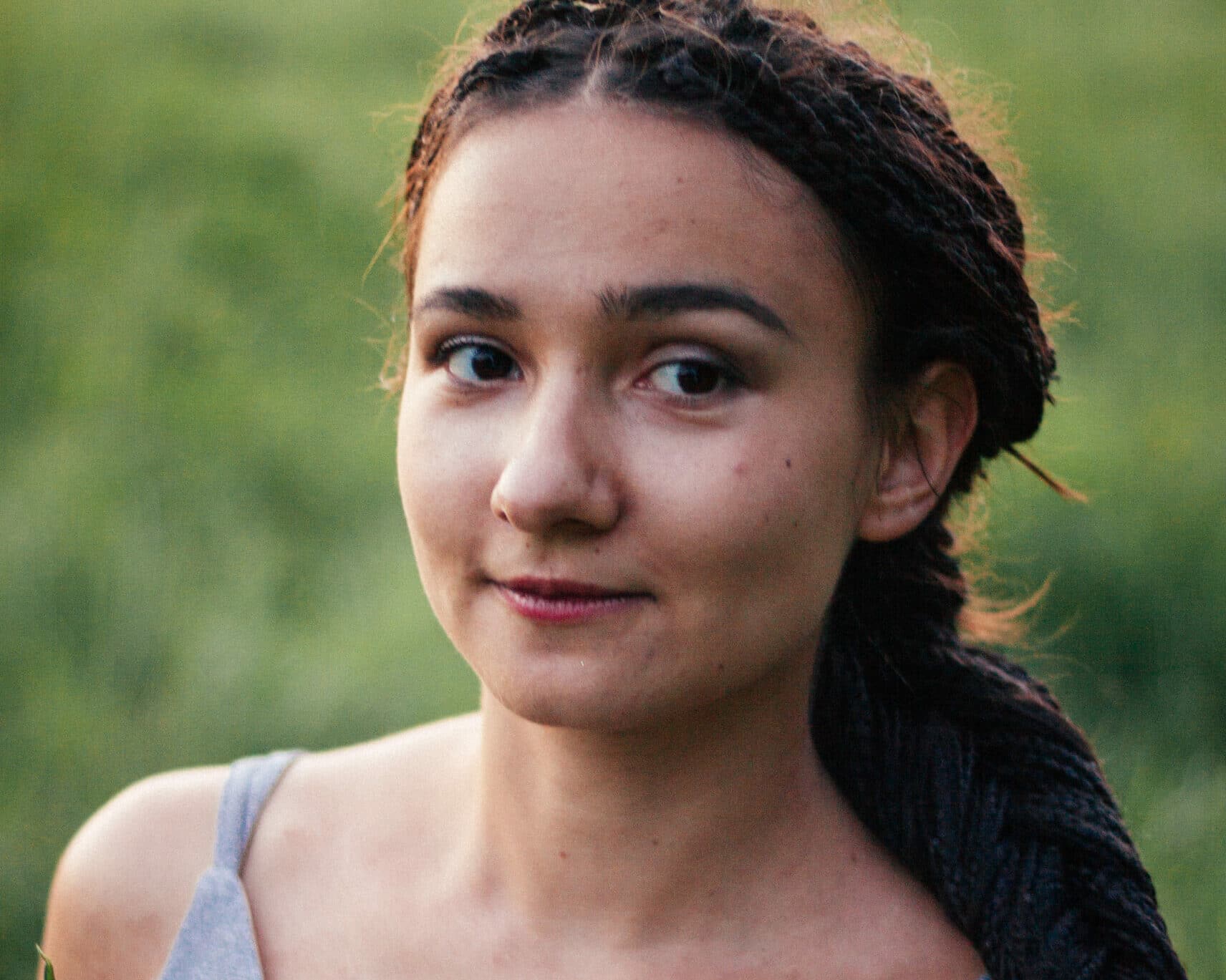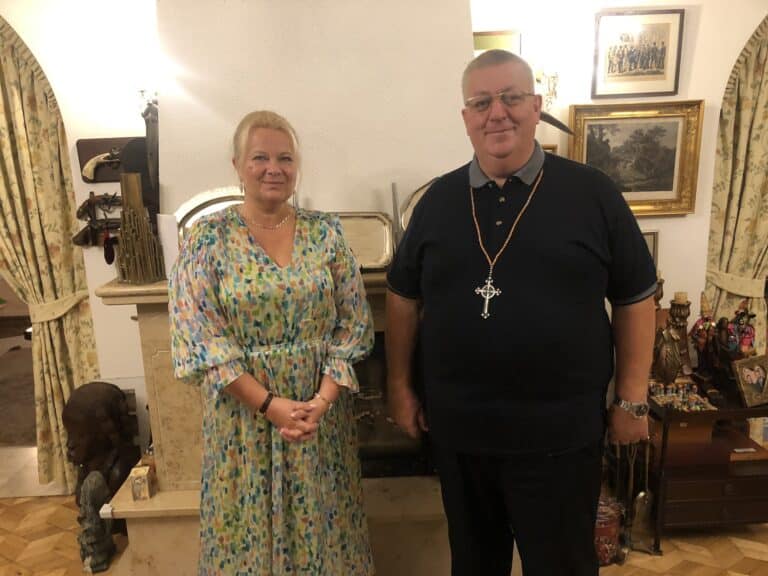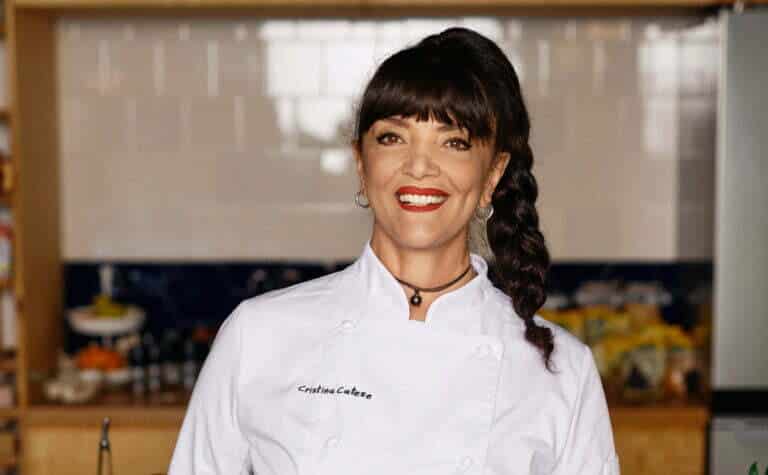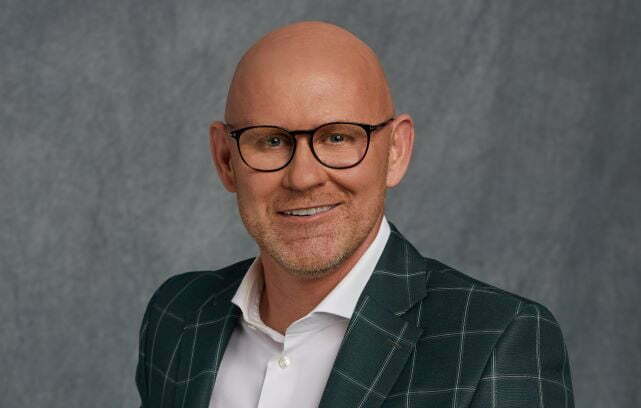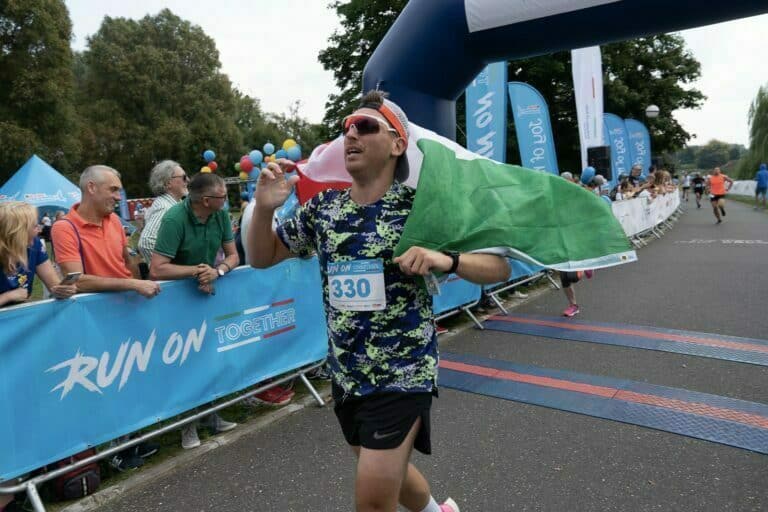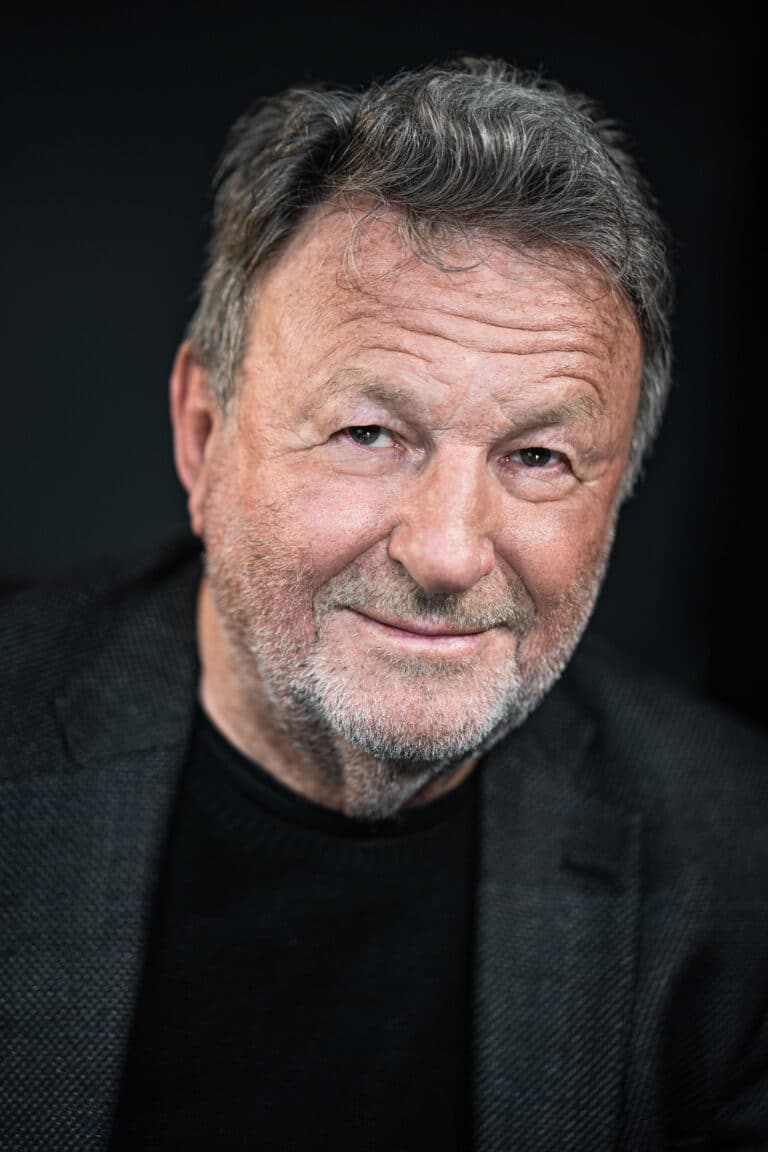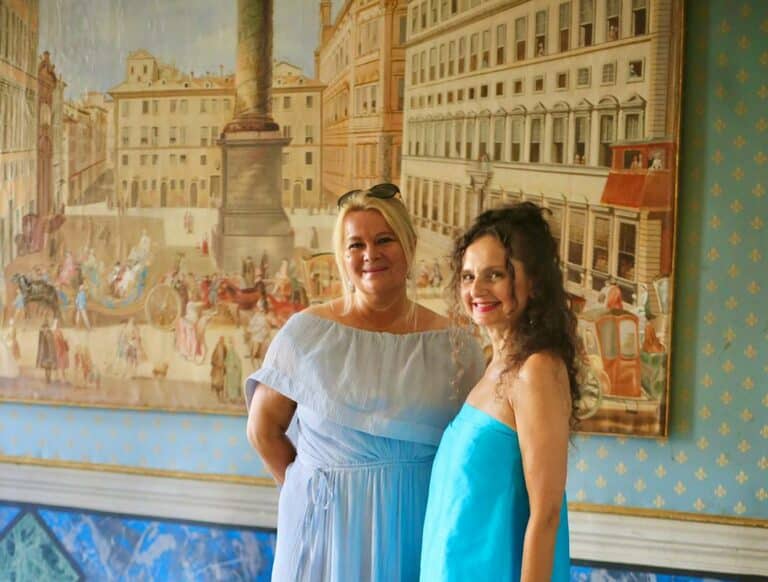MASOCHISTIC LOVE
Nataliia Druzhyna is a 25 year-old Ukrainian working as a project coordinator at the state-run Polish-Ukraine Centre Wolska, which was constituted right after Russia’s invasion on Ukraine in February. Nataliia herself came to Poland years before the war to study management and logistics in Warsaw.
Why did you choose to study here?
It may be hard to believe but those days (it was 9 years ago) studies where much more expensive in Kiev where I’m from, than in Warsaw. Some young people were travelling to smaller cities in Ukraine to get higher education but it didn’t make much sense to me. I wanted to study in the place where I could develop and face new challenges. And I was getting bored pretty easily, so I chose to come to Warsaw, which wasn’t very difficult for me since I was already speaking Polish.
You were 16 years old and already speaking Polish – how did that happen?
Thanks to my mom’s strategy – to keep us from trouble, she kept us very busy. From all sorts of things to learn, I chose Polish. To be honest, now I wish it was Arabic /laugh/. Before Russia attacked Ukraine I was seriously considering going on a mission to Yemen in the future. Now this plan has faded for obvious reasons.
You were here in Warsaw when you first heard the news about war?
Yes. It was at night that I got the first call from my friend who told me that it had started. Than, every day for the next two weeks I was fighting on the phone with my mom trying to convince my family to come here and eventually they did. As for how it affected my life here – I immediately volunteered at the Polish-Ukraine Centre Wolska to help organize the necessary assistance for Ukrainians fleeing the war. With time, the Centre started covering all sorts of integration help for the refugees including cooperation with the employment office, support in placing children at kindergartens and schools, providing language courses, translation services and paperwork help, organizing cultural and community workshops and events etc. Eventually I got hired full time as a coordinator and I’m very passionate about this job even though, or maybe precisely because – it’s full of challenges.
What kind of challenges?
Well – cooperating with a lot of public institutions and entities on a daily basis and with limited resources on both sides can be really difficult. What are you going to do if you have a child that needs school and all the schools you’re in touch with have already exceeded their capacity? Naturally it will result in a lot of tension, steamrolling and operating within conflicting interests. These challenges can be posed not only by the objectively impossible situation or the Polish bureaucracy, but also by the attitudes of some Ukrainian people who we are trying to help. For example the qualified ones often have trouble accepting jobs below their experience and they don’t even speak Polish yet. The job is tough and the integration is tough but I know why and what I’m doing. And once I succeed, I know it was worth it. Like I said, I like challenges and I like to keep myself busy. I also work as a part-time translator for the court and for a foundation.
You seem to know your way around Polish public institutions very well. How about you private connections? Was it easy for you to make friends here?
I came here alone but I already had an idea how to find people, make connections and get to know the city. I registered on a good dating website /laugh/. I had 3 pre-requirements to make an initial connection and they were absolute must-haves: higher education, speaking at least one foreign language and being an atheist. I knew that those qualities make people more open and receptive to foreigners in Poland. And that’s how I met most of my best current friends and also my husband.
Why did you decide to stay in Poland after your studies?
I had a lot of different plans but eventually life went on and before I knew it, I had already started another faculty in Warsaw (the law), had a child and got married. It’s a funny thing with Poland – living here can only be compared to a masochistic love. You encounter trouble in many aspects of life every day, especially if you are a foreigner. Dealing with offices and navigating public institutions can be rally hard and you need to accept that the system is simply people-unfriendly. But, even with all of this, you still want to stay and you feel very happy here /laugh/. There is just some kind of duality about Poland. It is not the most open country, but look what happened after the war outbreak – I simply couldn’t believe that Polish people could receive someone like they received Ukrainians.
What’s the one thing you would change in Poland?
Closed Sundays. This is something I have trouble getting used to and it doesn’t really make sense to me.
What’s the one thing that works very well here?
The Warsaw pre-school system is great. I’m a mom of a 6-year-old so I know it first hand.
Do you have a favorite spot in Warsaw or in Poland?
Yes. Like you’ve probably noticed I really enjoy visiting offices and public institutions /laugh/. And there’s one place that has the best ones – the town Serock. And it’s not just that it’s my favorite place to handle official matters. I love to spend my private time there. All Warsaw is going to Nieporęt at Zalew Zegrzyński during weekends, me – I go to Serock. I take long walks on the beach there and then I admire historic buildings like the famous green post office. This is my place to recharge, my place of power. I can see myself moving there when I retire.
